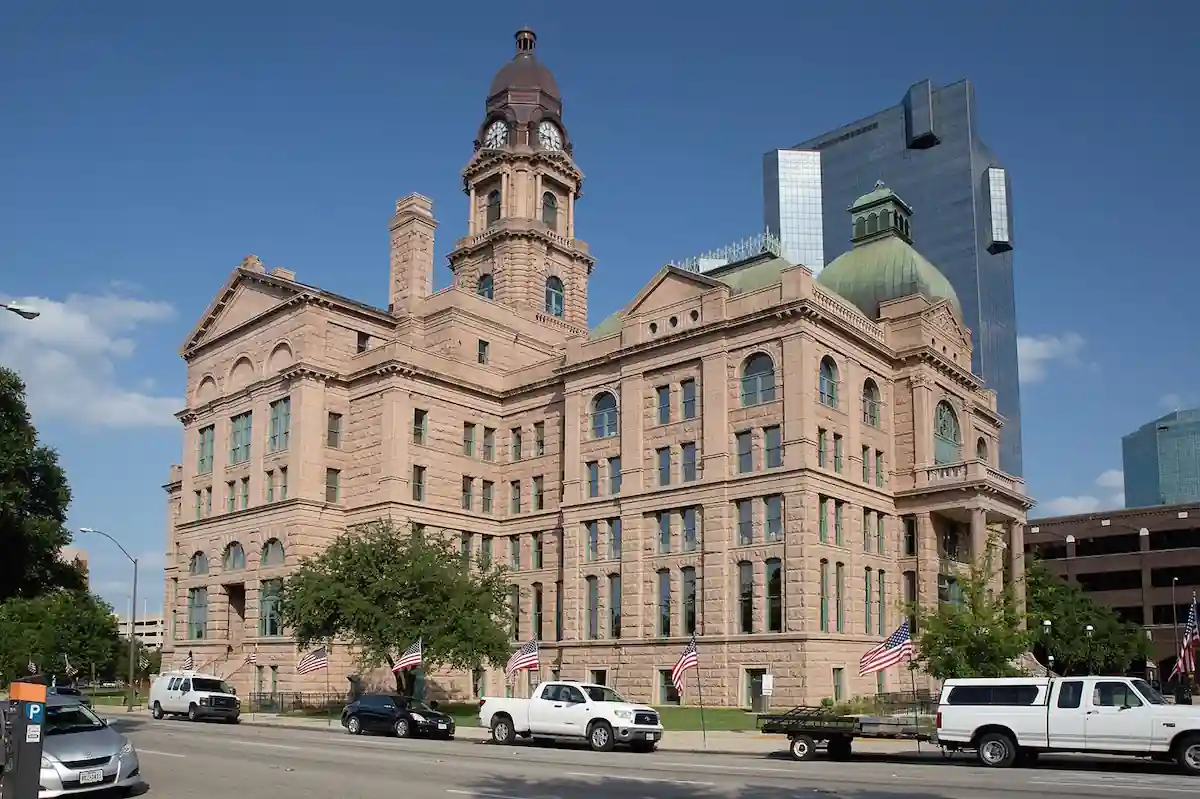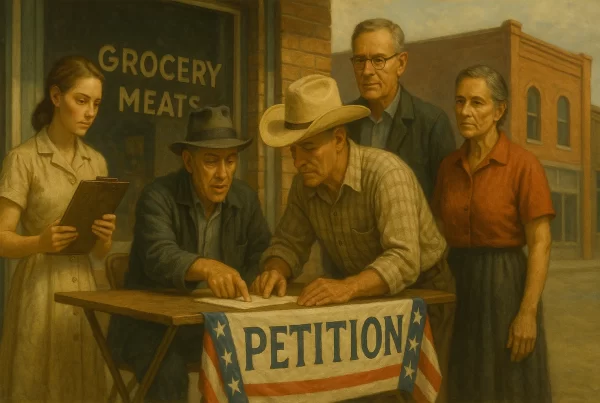County clerks in Texas are custodians of public records dealing with real estate, misdemeanor crimes, and other matters, and act as the chief local election officials in most of the state.
County clerks also issue marriage licenses and provide certified copies of birth and death records. Property records handled by the clerk are essential for resolving title disputes, tracking land ownership, and enabling real estate transactions.
Each of the 254 counties of Texas has a county clerk, except some rural counties which have a combined office of county/district clerk.
Elections and Term of Office
County clerks are elected in countywide elections and serve a four-year term. These elections are held during midterm years in most counties, and candidates typically run on a partisan ballot.
In case of a vacancy, the office can be filled by appointment by the Commissioners Court, until the next general election. The appointee may later run to retain the office, and the Commissioners Court’s selection often has the advantage of incumbency.
Roles and Responsibilities
County clerks in Texas have the following roles and responsibilities:
- issuing marriage licenses
- serving as custodian of records for the commissioners court, which is the governing body of the county, and for civil and criminal county courts
- acting as a recorder of public records, including all bonds, deeds, birth and death certificates, and livestock brands
- ensuring that county records are maintained in a secure manner
- serving as chief elections officer in most counties.
In most counties of Texas, county clerks and their staff are responsible for running elections. This includes overseeing early voting sites, securing ballots, training poll workers, and certifying local election results.
However, in some counties, such as Harris County, a separate Elections Administrator manages voter registration and election operations. This position is appointed by the Commissioners Court and takes over duties that would otherwise fall to the county clerk, allowing the clerk to focus on court and records duties.
Minimum Qualifications
A county clerk must meet the following qualifications at the time of appointment or election:
- U.S. citizen.
- Resident of Texas for at least 12 consecutive months.
- Resident of the county for at least six consecutive months.
- Registered to vote in the county.
- At least 18 years of age.
- No felony convictions.
- Not deemed by a probate court mentally incapacitated.
Many county clerks begin their careers in local government offices, gaining experience as deputy clerks or administrative staff before running for office.

County vs District Clerks
County clerks differ from district clerks in terms of which courts they serve. The county clerk in a county serves the county courts, while the district clerk serves the district courts, which handle felony criminal cases and higher-stakes civil litigation. District clerks also manage jury summoning for district court trials, including serious criminal and civil cases.
Like county clerks, district clerks are elected, unless appointed to fill a vacancy. However, in counties with a population less than 8,000, a combination county/district clerk may be elected unless the voters choose to elect separate offices.



